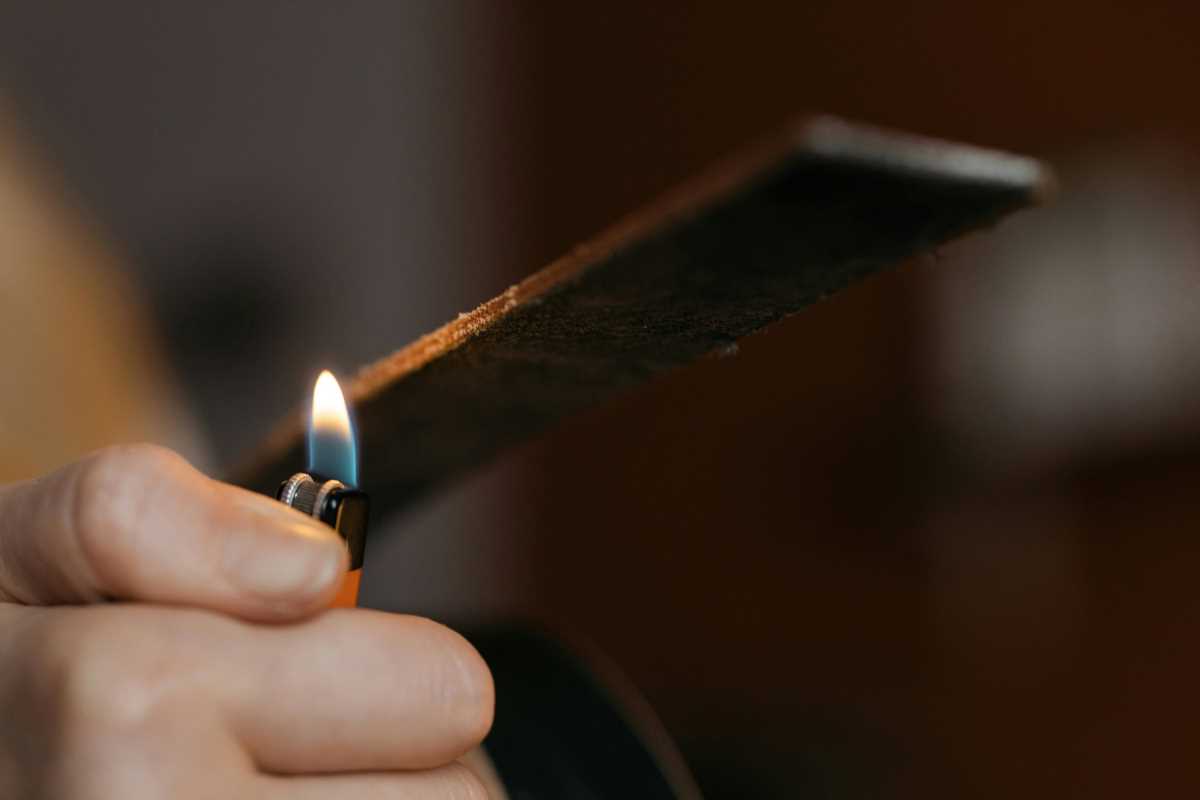Nothing matches the excitement and rush that poker night brings. The game keeps your mind alert as you weigh each decision and read your opponents’ moves. Every deal offers a fresh challenge, inviting you to trust your instincts and adapt your tactics on the fly. With each round, you get the chance to sharpen your skills and discover new ways to approach the game. The table becomes a stage for friendly competition and clever strategy, where every player has the opportunity to outthink their rivals and enjoy the unpredictable turns that make poker so captivating.
Mastering the game's fundamentals and applying practical tactics can quickly turn a casual session into a memorable showdown. With a mix of strategy and intuition, you can change your approach and improve your performance at the table.
Know the Basic Rules Inside Out
Before you sit at the card table, mastering the rules lays the foundation for solid play. Knowing the basics ensures that you avoid costly mistakes and that you can focus on reading your opponents and making smart decisions during the game.
Understand the structure of the betting rounds, the showdown process, and hand rankings. Use the following numbered list to refresh your memory on essential points:
- Learn the hand hierarchy: Know which hand ranks higher whether it's a straight, flush, or full house.
- Grasp the betting order: Familiarize yourself with blinds, antes, and the betting progression in each round.
- Understand the table rules: Each game may have its own house rules that can affect gameplay.
- Practice decision-making: Engage in practice rounds to build confidence and speed in your decision process.
- Monitor the pot size: Keep an eye on how much has been bet to guide your future wagers.
Read Your Opponents Like a Pro
Successful poker players notice subtle tells such as changes in body language, voice, or behavior when they have a strong hand. Observing your opponents closely helps you gauge their confidence and the strength of their hands. Whether it is a nervous twitch or a confident smile, every physical cue can give you valuable insight into what they might be holding.
Set aside distractions and focus on the unique quirks of each competitor. Notice how one player might get overly chatty when bluffing, while another may remain stoic to hide their excitement. Pay attention to their betting patterns and shifts in behavior to build a mental profile that guides your decisions during the game.
Master the Art of Bluffing
Bluffing is a delicate skill that separates bold players from the rest. You must learn when to take calculated risks and how to disguise your feelings, so opponents never know if your hand is strong or weak. Successful bluffing requires careful planning and attention to detail.
Consider these practical tips to improve your bluffing technique:
- Keep a relaxed and steady demeanor regardless of your hand.
- Practice timing your bet increases to coincide with moments of uncertainty among others.
- Observe and mimic confident players to adopt a similar style at the table.
- Vary your play to avoid developing a predictable pattern in your betting.
Manage Your Bankroll Wisely
Successful play depends on more than just skilled card handling; it also relies on clear-headed money management. Set a spending limit that you can comfortably lose and stick to it during the course of the game. Spending chips on questionable hands can quickly deplete your resources, so stay disciplined with your wagers.
Strong financial management aligns with smart plays at the table.
Capitalize on Table Dynamics
The mood and interactions at the table can influence your next move. Recognize when the atmosphere shifts and when players are more prone to taking risks. An aggressive table with multiple raises may push you to tighten up your own gameplay or seize opportunities when others falter.
Use these actionable tactics to take full advantage of your surroundings:
- Observe the pace: Identify when players play recklessly and adjust your strategy accordingly.
- Seize moments of hesitation: Step in when others seem unsure about calling bets.
- Exploit the dynamic: If you notice a cluster of wins or losses, adapt your approach to ride the wave.
- Control your image: Build a reputation at the table that can lead opponents to misread your actions.
Stay Calm Under Pressure
In high-stakes moments, composure wins. Trust your prep, breathe steadily, and focus on your game plan.
Let experience guide you through tense hands. Poker rewards emotional control as much as skill.
Stay sharp, read the table, and play with purpose—every hand is a chance to grow.



.jpeg)



